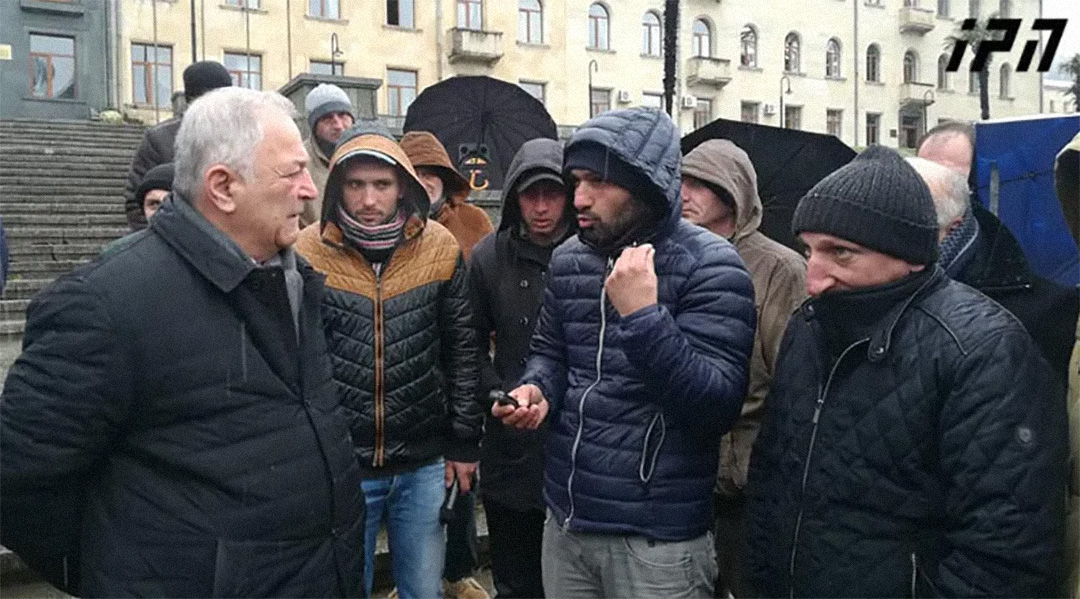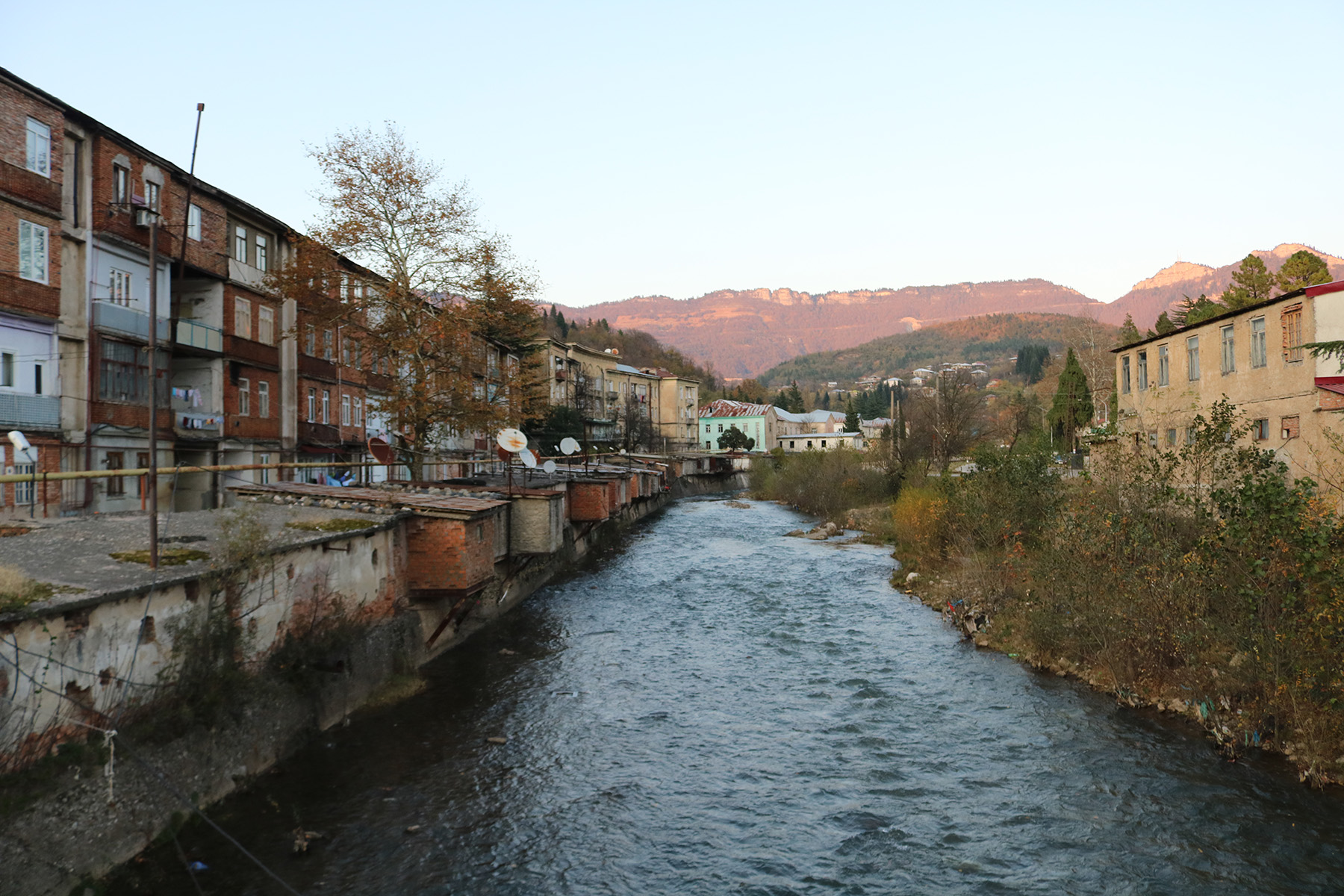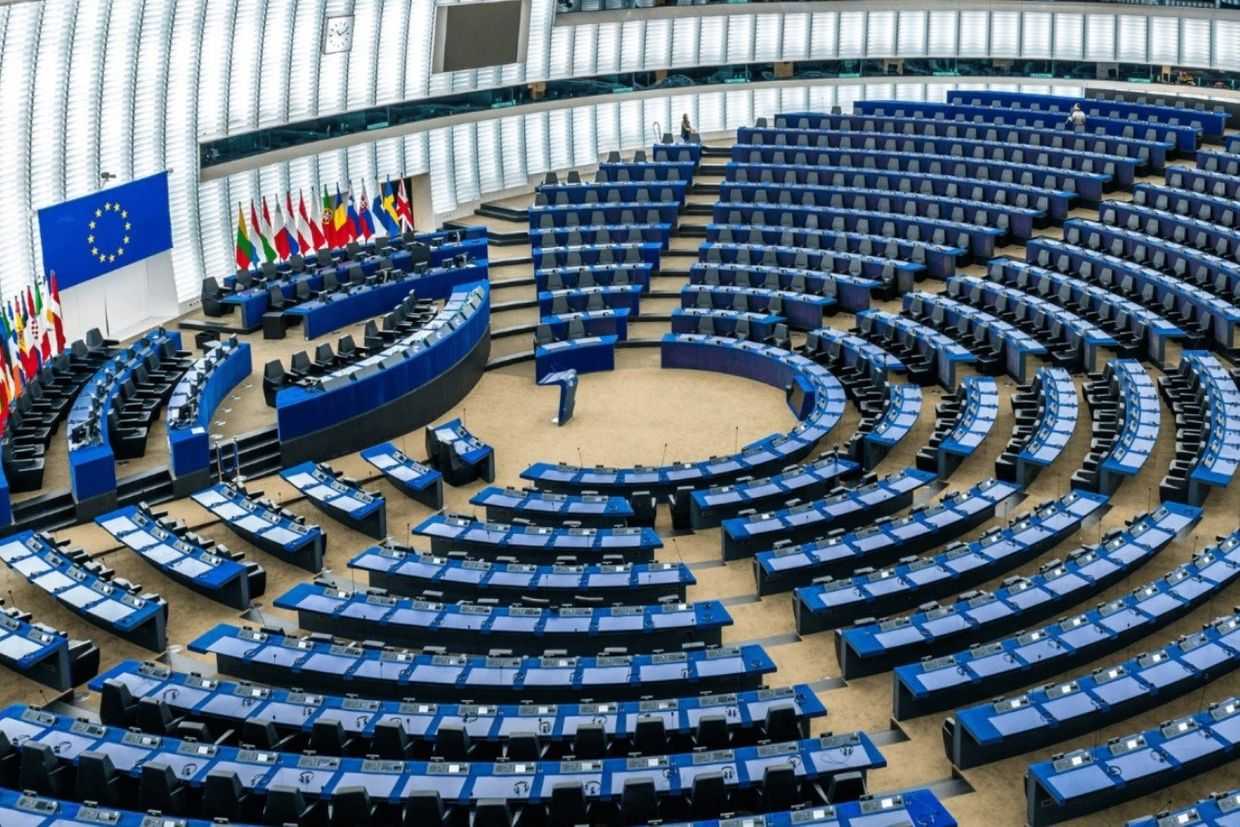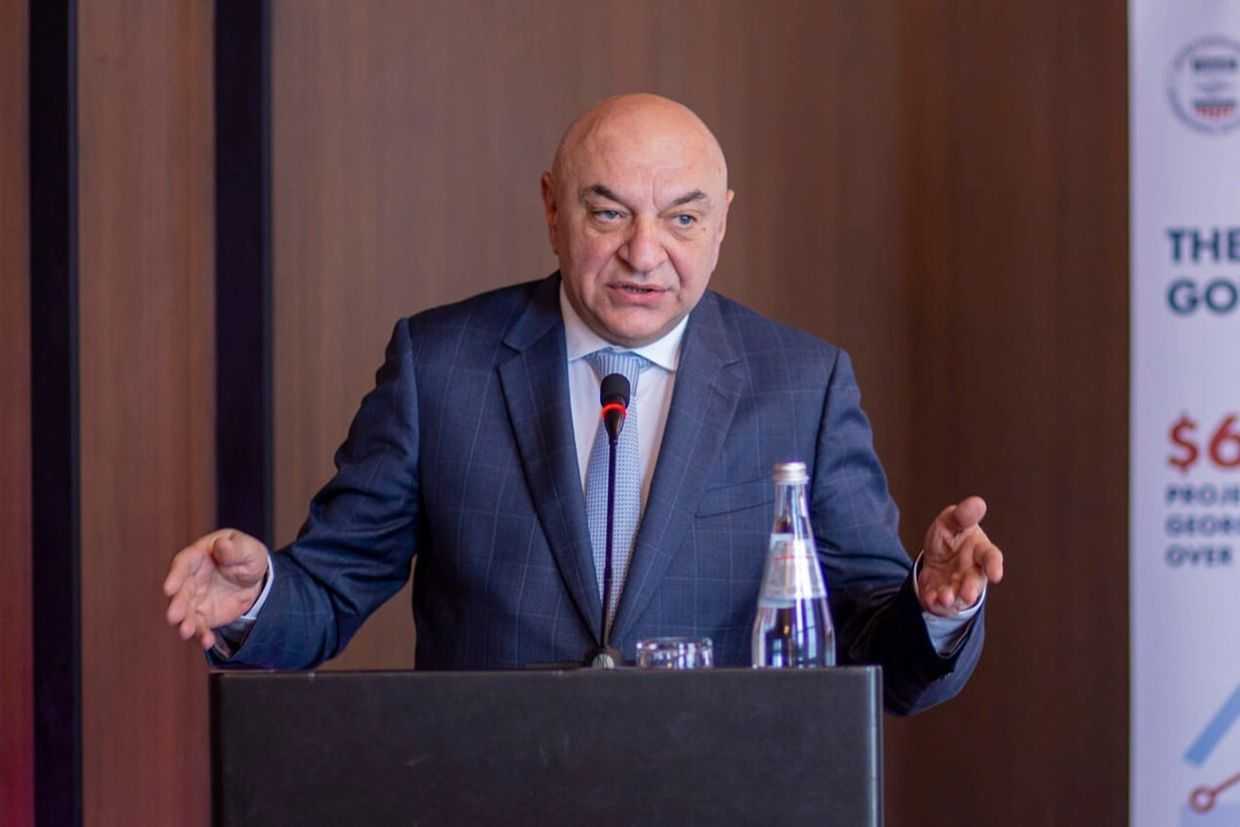
A group of coal miners at the Mindeli and Dzidziguri shafts in the west-Georgian town of Tkibuli refused to work on Wednesday citing dangerous workplace conditions.
The main catalyst for the stoppage, according to them, was a ‘near-death’ incident involving 22 workers at 00:40 on Monday morning.
Imereti-based news site Top News cited miner Gaga Isakadze as saying that a lift bringing 22 miners to the surface malfunctioned, violently dropping several times.
‘The miners tried to calm each other’, Isakadze was reported saying. ‘We demand that the lift be repaired with a document confirming it’s safe.’
The Kutaisi Post reported that the miners were also demanding they receive tax relief provided by the government that they said the company had withheld from its employees.
In their late-April economic plan to counter the negative effects of anti-coronavirus measures, the government promised tax relief on income taxes. From May to October, salaries of up to ₾1,500 are exempt from income tax on the first ₾750 ($250) of earnings.
‘We’re working for pennies anyway, 400 metres underground, and the [company] administration is telling us that they have to dedicate that money to the company, citing [economic] damages incurred during coronavirus’, the Kutaisi Post quoted Zakro Iluridze, a miner in the Dzidziguri shaft.
Years of fatal accidents and protests in Tkibuli
The Tkibuli mines have seen frequent work-related accidents and accompanying protests in recent years.
The latest protest in the city took place in mid-March, with the COVID-19 outbreak already having taken root in Georgia.
On 16 March, miners demanded that Steel International Trade Company, which recently took ownership of the mines, improve safety in the shafts after several workers were poisoned on the job earlier that month. Three of the workers had to be hospitalised.

[Read more on OC Media: Georgian miners in Tkibuli demand safety promises be fulfilled]
A group of miners also staged a protest on 24 February, insisting that the company made them use an unsafe ventilation tunnel to reach the Mindeli shaft.
Steel International Trade Company took over the mines in late September 2019, ending a two-day sit-down strike by miners who occupied both the Mindeli and Dzidziguri mine shafts and refused to vacate them unless they were paid overdue paid leave compensation.
The miners had to manoeuver between demands for safer working conditions, paid leave, and for reopening the shafts — the town’s main source of jobs — after the government shut down the mines in July 2018 due to a large number of workplace safety violations and a series of workplace deaths.

Steel International Trade Company only partially reopened the shafts last October.
[Read from Lana Kokaia’s on OC Media: Stuck between a rock and a hard place — the miners of Tkibuli]
The death of four miners in July 2018 was the culmination of a series of fatal accidents which killed 17 workers total, that put Tkibuli in the spotlight of Georgia’s national media.
A US State Department report on human rights in March noted that in 2019, Georgia’s mining and construction sectors ‘remained especially dangerous’.
‘Three workplace fatalities in a week’
Despite significantly curtailed economic activities since March due to COVID-19, from January–May, Georgia still counted at least 12 workplace fatalities and 72 injuries, according to the Georgian Trade Union Confederation (GTUC).
On Tuesday, the GTUC said there had been three workplace fatalities within the past week, a construction worker who fell off a building in the city of Marneuli on 8 June being the latest victim.
Despite facing criticism over the narrowing definitions of what constitutes ‘labour rights’, labour advocates largely welcomed a decision by Georgian lawmakers last year to grant unlimited access to all workplaces for safety inspectors.
Since September 2019, they have a mandate to fine employers for violations or, if a violation is serious enough, to suspend the operation of an enterprise.
Nevertheless, both the GTUC and the Human Rights Education and Monitoring Centre (EMC), a Georgian rights group, have recently noted that the Labour Conditions Inspection Department remains understaffed and underrepresented outside of the country’s capital.
In a 2019 report, Human Rights Watch criticised Georgia for a lack of workplace safety regulations and urged the government to ratify and implement International Labour Organisation (ILO) conventions on occupational health and safety, safety in mines, and hours of work.
OC Media has reached out to Labour Conditions Inspection Department for comment.







